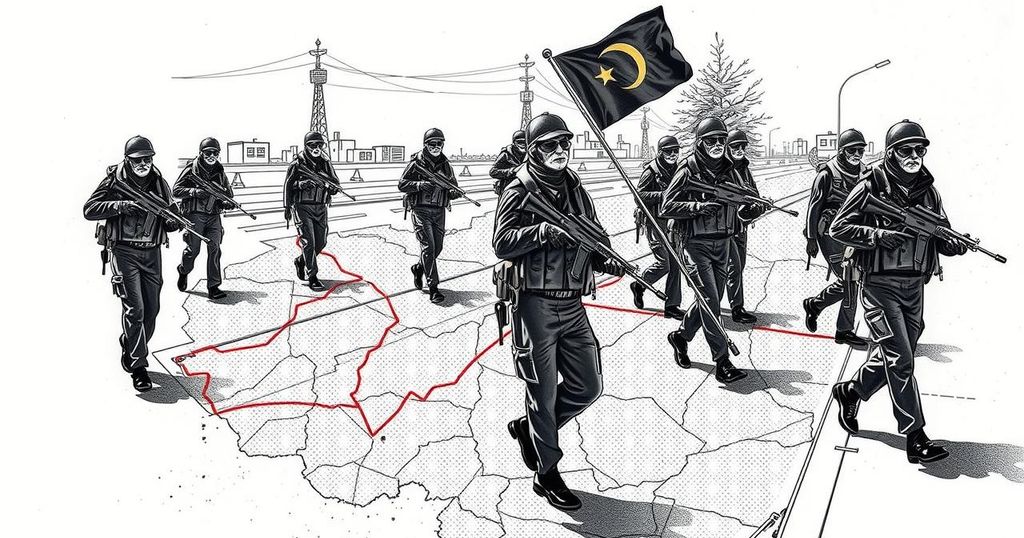UN Proposes Plan for Stabilizing Libya and Conducting Elections
The UN has unveiled a strategy to stabilize Libya, encompassing election facilitation, governance unification, and institutional reform. The plan aims to address the prolonged political deadlock that has ensued since the 2011 uprising against Kadhafi. UN envoy Stephanie Koury emphasized that despite substantial challenges, Libya has the potential for stability and prosperity, calling for a national dialogue to frame a collective future vision.
The United Nations (UN) has proposed a comprehensive plan aimed at stabilizing Libya by facilitating elections, unifying the fragmented governance structures, and reforming its institutions. This initiative was presented to the Security Council by Stephanie Koury, the UN envoy to Libya, who emphasized the urgent need for a cohesive political framework to escape the current impasse and reinstigate legitimacy in Libya’s government, which has languished since the ousting of Moamer Kadhafi in 2011.
Currently, Libya is divided between two competing administrations: a UN-recognized government in Tripoli and a rival administration in the east, supported by military leader Khalifa Haftar. Koury articulated that the UN Support Mission in Libya (UNSMIL) will form an advisory committee to navigate electoral issues, although a timeline for the elections remains unspecified.
Despite the challenges, including external interferences and economic struggles, Koury remains optimistic about Libya’s potential, asserting that it could evolve into a beacon of stability and prosperity within the Mediterranean region. Additionally, recent polls indicate that logistical issues should not obstruct national elections, as demonstrated by successful local elections in regions such as Misrata. Nevertheless, Libya’s ambassador to the UN, Taher al-Sonni, expressed profound dissatisfaction with the current political climate, urging a re-evaluation of the process that has hindered progress toward elections.
Koury’s proposal aims not only for elections but also to foster a national dialogue that would formulate a unified vision for Libya’s future governance and development methodologies. The international community continues to monitor these developments as Libya aspires to restore its national legitimacy through democratic processes.
Libya has been embroiled in conflict since the NATO-supported uprising in 2011 which led to the fall of longstanding dictator Moamer Kadhafi. This turmoil has resulted in a fragmented political landscape characterized by a bifurcated governance system: a UN-sanctioned government in Tripoli and an opposing government in the eastern region led by Khalifa Haftar. The repeated delays in organizing national elections, initially scheduled for December 2021, reflect the ongoing instability and political deadlock in the country. The UN’s engagement has been pivotal in attempting to stabilize Libya through diplomatic efforts and electoral organization amidst these challenges.
The UN’s recent plan marks a significant step towards facilitating a unified governance structure in Libya and ultimately restoring democratic processes through elections. The initiative not only responds to the immediate political stalemate but also aspires to create a vision for long-term stability and prosperity in the region. The success of local elections indicates a path forward, yet substantial obstacles remain in establishing a cohesive national framework. Continued international support and commitment will be essential in navigating Libya’s complex political landscape and achieving lasting peace.
Original Source: www.al-monitor.com




Post Comment